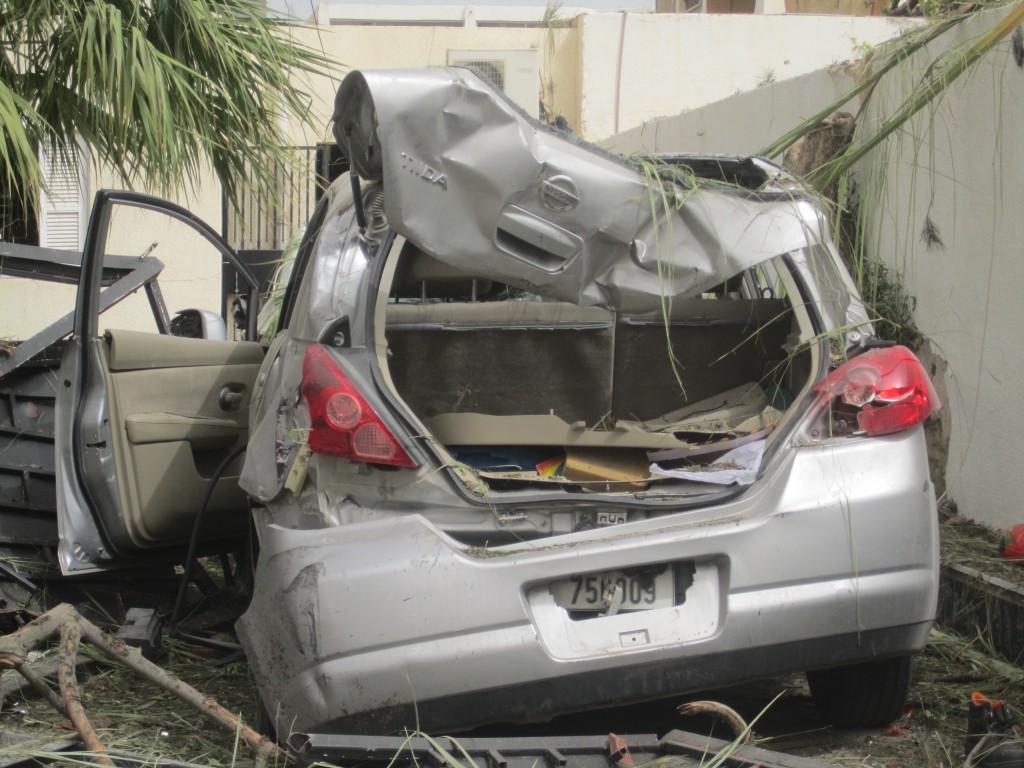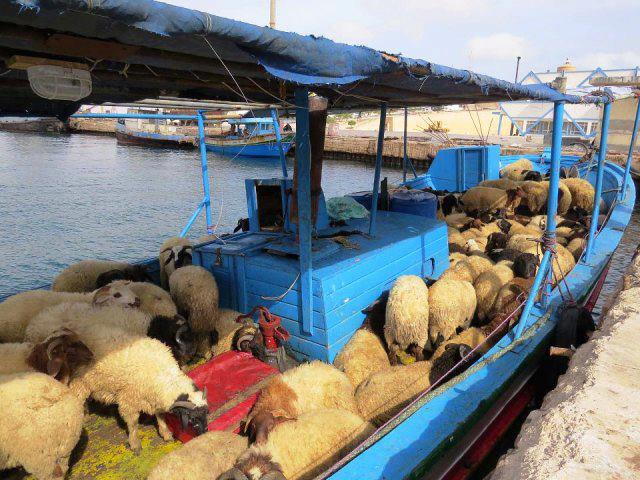By Valerie Stocker.

Paris, 24 April 2013:
Yesterday’s bombing of the French Embassy in Tripoli has produced widespread media coverage in France, with . . .[restrict]journalists and analysts trying to understand what could have triggered such a violent act against the state that took the lead in mobilising the international community against the Qaddafi regime.
Perhaps because there has been extensive coverage of the Libyan revolution and its aftermath, press reports were more sympathetic than might have been expected, with most commentators pointing to the overall lack of security in Libya and the infiltration by militant groups, while reminding readers that, overall, Libyans retain positive feelings towards France.
All major media outlets quoted French President Francois Hollande who stressed that the attack was directed against “not only France but all those within the international community who have taken up the fight against terrorism”. He also said France expected the Libyan authorities to do everything possible to shed light on the “inacceptable act” and bring the culprits to justice.
Updating its online coverage throughout the day, France’s most prominent newspaper Le Monde was able to report extensively on Laurent Fabius’ hurredly organised trip to Tripoli yesterday. The French Foreign Minister visited the site of the explosion, as well as other damaged buildings in the neighbourhood together with his Libyan counterpart, Mohamed Abdelaziz.
“This attack could have easily resulted in a carnage had the Embassy staff been present”, he stated, according to the newspaper. “It was only a matter of minutes”. In a joint press conference later yesterday afternoon, he made it clear that the attack was no reason to let go of the French-Libyan partnership rather, on the contrary, a reason to strengthen it.
“The terrorists (who carried out the attack) intended to strike France and Libya and our friendship”, he declared. “We condemn in the strongest terms this cowardly and hateful attack whose intention was to kill”.
Le Monde reminded that Libya was already classified as “red zone”, meaning that the risk of French nationals being targeted was considered particularly high since France’s military campaign in Mali, launched in January. Nonetheless, the described Franco-Libyan cooperation as “excellent”.
Other daily papers were more focused details of the attack, mentioning that one of the French security guards suffered severe injuries but was was no longer in a life-threatening condition (Le Parisien – a Parisian tabloid), and that an 18-year old Libyan girl was also injured as a result of the blast (Ouest-France – a regional newspaper).
Rue89, a news website and debate forum started by former journalists of left-leaning newspaper Libération, provided its readers with a timeline of the event and official reactions by Libyan, French and EU officials.
Several French media reported Mohamed Abdelaziz’ expressions of solidarity with France, when he spoke of a “terrorist act against a brotherly nation that supported Libya during the revolution”. The Minister reportedly announced the creation of a joint commission tasked with investigating the circumstances of the attack.
Readers’ reactions to the news from Tripoli seemed exceptionally harsh, reflecting persistent misconceptions of Libya among the French public. Many interpreted the attack as yet another sign of an Islamist wave sweeping across North Africa, marking the failure of the Arab revolutions. Readers also expressed their anger with the French government, which many think has far too many risks – by helping to overthrow Qaddafi and, more recently, sending troops to northern Mali. “You reap what you sow”, was a frequent conclusion.
Largely due to eyewitness reports by local residents from the area around the embassy, some of whom immediately posted photos on Twitter, plus live reporting by international correspondents in Tripoli, accounts of the attack in the French media were generally consistent. On the geopolitical context and potential motives of the attack, interpretations varied slightly, although there seems to be a general media consensus on Islamist militants being the most likely culprits.
News reports pointed at the overall lack of security in Libya, adding that the Libyan authorities were struggling to cope with semi-freelance militias and Islamist groups that have taken advantage of the post-revolution power-vacuum. Parallels were also drawn to the attack on the US Consulate in Benghazi last September.
Le Monde spoke of an “increasingly insecure environment” where “militias dictate the law”. The statement that the Libyan authorities had already reinforced security around “sites involving French interests” however seemed to contradict the facts on the ground, as well as comments by Libyan Tweeps who accused their government of not having been sufficiently prepared for such an incident.
Less cautious in his interpretation than Le Monde, Pierre Rousselin, deputy editor of Le Figaro – France’s main conservative newspaper – said the embassy attack “carries the fingerprints of AQIM (Al-Qaeda in the Islamic Maghreb), and is therefore to be seen as a retaliation to France’s involvement in Mali”. “Libya is in the process of disintegrating, which is being exploited by terrorists liked to Al-Qaeda”, he proclaimed.
Having consulted several North Africa researchers, France24 – France’s international TV channel – clearly offered the most balanced account. It is worth noting that in France public opinion is greatly influenced by prominent commentators and political analysts, especially if they speak in the name of major national think-tanks and research institutes. Beneath the lurid headline “Who is hiding behind the attack against the French embassy in Tripoli?”, the multi-media news-source explained the problems Libya is currently facing and what may have triggered the bombing, quoting Karim Émile Bitar, research director at the Institute for Foreign and Strategic Relations and Mathieu Pellerin, who heads the Centre of Strategic Intelligence on the African Continent
France24 put forward two hypotheses for the attack: either loyalists of the former regime seeking revenge or Islamist forces wanting to punish France for its intervention in the Malian conflict.
Whatever the motive, “the Libyan state is far from holding the monopoly one the legitimate use of force”, explained Bitar. “Since the fall of Qaddafi, the country has turned into a quasi-federal system, in which cities such as Misrata and Benghazi are seeking to usurp the prerogatives of the central state”, added Mathieu Pellerin. The political analyst interpreted this not merely as a struggle for power among disparate groups and local communities but as the acting-out of a greater political game, in which liberal and reformist camp is loosing power and the Muslim Brotherhood is gaining foothold.
France24 mainly put forward the Islamist argument, suggesting that transnational jihadist groups – such as AQIM and MOJWA (Movement for Oneness and Jihad in West Africa) – could be targeting French interests in Libya in response to the French military operation against Islamists in Mali. The news channel reminds that AQIM has repeatedly threatened France and that last Friday a spokesperson of the movement declared on Twitter, “Pushing back the French aggression is the duty of every Muslim, not only Al-Qaeda”.
However, France24 also emphasised that there is no widespread rejection of France in Libya and that two members of the National Assembly were in Tripoli at the time of the attack, having attended a meeting at the embassy the day before. “In Tripoli, no anti-French sentiments can be felt”, added France24’s Libya correspondent.
But there are deep concerns, understandably, about the safety of French nationals and the future of French business interests in Libya. “The attack will inevitably have consequences on the way French companies operate there”, commented a French engineer and former Libya resident. “They will have to tighten security for their expatriate staff and this will draw out the process of resuming the stalled projects even further”. [/restrict]











